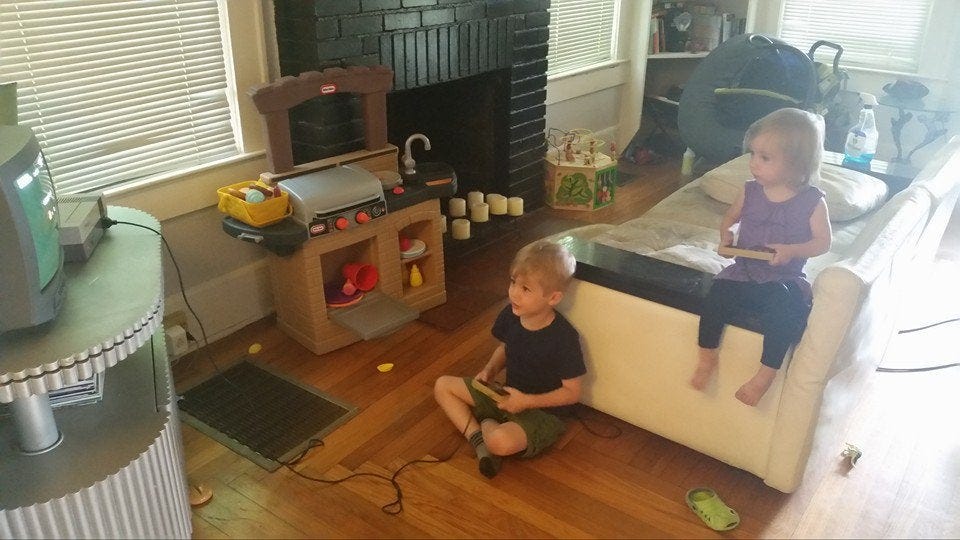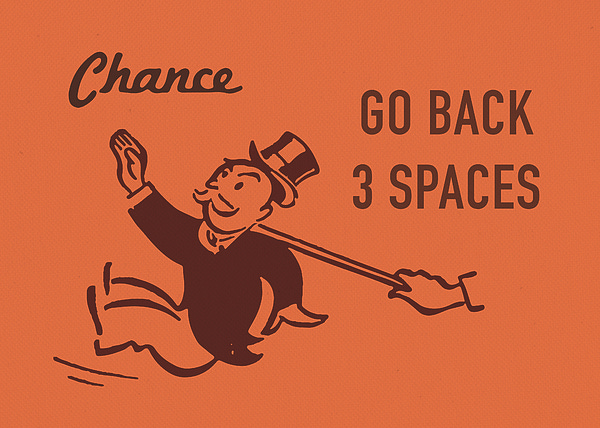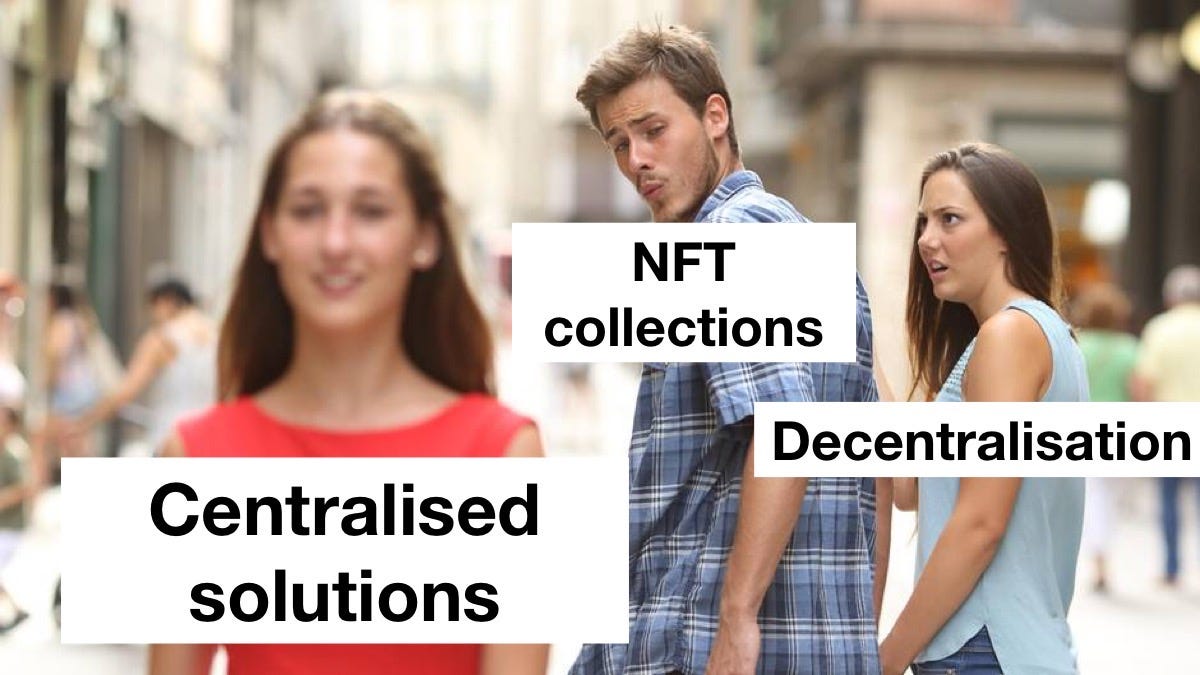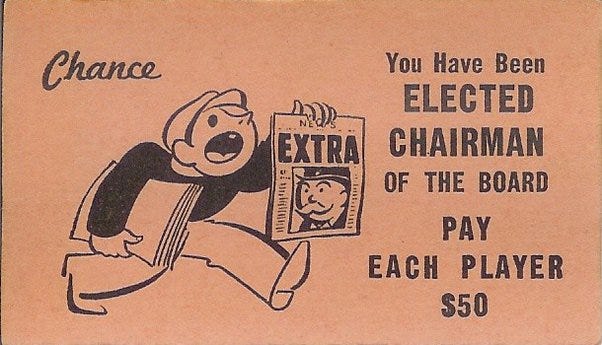One thing that many of you may not know about me is that I was once a child prodigy. Unfortunately it was not in the mathematic field or a musical savant, it was at Mario Kart 64, a game first released in 1997 for the Nintendo 64. Although I was extremely young, I can remember my considerably elder brother and his friends were obsessed with the game. Like the youngest child in most families, I felt entitled to be able to participate in everything, including things that I was very much not qualified for. With one goal in mind I set out to sufficiently complain and whine to my parents, and one day my brother finally gave me a controller to play with the group.
This was my moment, the day had finally come, I figured out how to select my character and off we went, on what would be a race I’ll never forget. I was immediately shocked, but of course not surprised, that I was incredible at this game. I seemed to have some form of natural edge over those who had put many hours in before me. Although I didn’t quite understand how I could navigate the race so easily, I believed that I deserved the many victories that I would come to win.
At that stage in my life, it was the first time I’d ever beat my brother at anything, growing up in an extremely competitive family and the youngest by quite some years, this was a feeling that was hard to beat. I finally felt like I was getting some credit for being the mature, sophisticated and intelligent 5 year old that I knew I was. My victory laps went for many weeks, and I grew bored of winning so easily over these clearly inferior beings that called themselves gamers.
Then one fateful day, I spilled a glass of water over during a race and put the controller down, but something strange happened. My beloved Yoshi kept on racing without me. How could that be? The pieces were starting to come together in my head that I was perhaps never racing at all. The controller once gifted to me as if it were my Excalibur to wield on unruly enemies was never plugged in, and therefore utterly useless to my endeavours.
My brother was much older than me and indeed much smarter as well, in an effort to squash my complaints he would simply give me a controller that wasn’t plugged in and tell me that I was playing as the character he was racing. What made things worse was that I started to understand just how good he must have been at the game, not only had he tricked me but he was also the one winning all the games that I had given myself credit for.
My perceived talent was ripped away just as quick as it had appeared and in the process I learned to always know the game I am playing. There are many things in life that this applies, because it is all too easy to assume your controller is plugged in. When I started to spend more time around the NFT ecosystem, I started to question just how non-fungible these tokens really are.
The concept of NFTs is still very immature and therefore does not have many true definitions at the time of writing, so perhaps it would be best for us to begin with the definition of Fungible and work backwards from there.
able to replace or be replaced by another identical item; mutually interchangeable.
When looking to define the term non-fungible we can simply take the opposite of the above definition. Non-fungible would logically mean that it is not able to replace or be replaced by another item, and is not interchangeable whatsoever. We believe in a future where NFTs can be used for things like mortgages, ticketing and voting—but the current state of NFTs paint a very different picture. Imagine if the creator of a voting system could simply change the metadata of an individuals vote if they wished, imagine if the deed of a home could be replaced by a completely different title.
From a project’s point of view there are very few benefits associated with creating a truly immutable collection and doing so doesn’t help their bottom line. If an NFT collection is truly immutable, founders are no longer able to do things like ‘art upgrades’, adjusting royalties or freezing stolen assets without needing the holder to sign a transaction approving the change. It’s the age old debate of decentralisation vs user experience and whether concessions should be made. To me, it’s quite clear that in order to keep the definition of non-fungible tokens, exceptions to fungibility should not even be possible let alone discussed.
Much like legacy banks trying to manage the powerhouse of change that is cryptocurrency, we have legacy projects in the NFT ecosystem fighting potential change. A good example of this can be seen in the recent alignment of Magic Eden and DeGods over the royalty debate. Magic Eden and DeGods, as well as all other projects, are very aligned with the common goal of bringing down Yawww and their 0% creator fee marketplace. Nothing creates a monopoly better than money and aligned incentives, Magic Eden (the largest market place on Solana) and the Degods (the biggest project on Solana) are now fully aligned with trying to decrease Yawww’s marketshare and protect their bottom line.
Now this isn’t an attack on either team, it is the objective of any business to protect their profitability so they can continue to be a business and deliver for their customers—or holders in this instance. The issue we are starting to see is the monopoly forming at the cost of user freedom. Bitcoin was created as a peer-to-peer network, decentralised through no need for a third party to verify or take their fee in between. Now we are seeing the largest players beginning to form monopolies so that their third party fee is no longer at risk, much like banks or large record labels fighting back on users being able to participate cheaper. This in turn green-lights every other project to lean into centralised ‘exceptions’ wherever they may apply, with the number 1 target clearly being retaining royalties wherever possible.
On a long enough timeframe, regardless of the industry, user facing fees will always be a race to zero. Why? Because users want cheaper fees, and users make up 99.99% of any market. There are many examples of this, we can look to blockbuster vs Netflix with Netflix being able to deliver content to their users cheaper and more effectively. Physical record stores vs Apple iTunes, then iTunes vs Spotify. Buying stocks through brokers vs banks releasing cheaper alternatives, banks then battling against apps like Robinhood that have 0% trading fees. Uber and ride-sharing services taking over taxis, Lime scooters challenging Uber for even cheaper costs. It does not matter what industry you are in, what matters is that users don’t like paying fees, and someone will always create a new product that topples legacy ideals while delivering the same service cheaper.
It’s important to note that these battles usually take place over decades, the race to zero is more often a marathon that slowly grinds down user fees rather than the straight drop we’ve seen. In NFTs it can easily seem from the outside looking in that this problem arrived overnight from >10% creator royalties straight to 0%; but the far more accurate way of viewing this is that Yawww and OTC marketplaces like FamousFoxFed, Marco Polo and plenty more on Ethereum have existed for a long time. OTC service offering is a very well known and appreciated part of the NFT ecosystem and feels much ‘truer’ to the wider crypto ethos being directly peer-to-peer. There is also nuance to this, imagine there is an OTC trade persisting of multiple projects in exchange for SOL, which creator is entitled to the royalty or should it be split evenly regardless of floor price?
What Yawww has highlighted more than anything is the inability of projects to understand that the threat existed before it was presented with clearer front end design. The recent move to what is essentially an OTC marketplace is simply a UX upgrade from their original product which was peer-to-peer transactions. Love or hate Yawww, we exist in a space where code is law and they have been one of many delivering a needed product for a long time, and only began to be hated once they improved the UX to better deliver that exact same product.
What we are seeing with legacy projects ‘fighting back’ is nothing we haven’t seen before, but they must face it much more urgently. The conversations being had around freezing NFTs, flagging NFTs purchased at 0% and dividing communities based on where the buyer purchased are all akin to banks trying to freeze transactions from crypto or Vodafone selling phones that are locked to only their network. Eventually the user will win and we will look back at this time of experimenting as a hopeless battle, or perhaps I will be wrong and true first of their kind innovations will be made. Either way, we really do need to rebrand from NFTs because almost all collections are extremely fungible.
Most of these NFTs are more of a subscription or membership nature, so perhaps we could adopt the term RFTs, or ‘rented fungible tokens’. The current Metaplex standards make it very difficult for true decentralisation to exist and collections will always prioritise the future of their project over decentralisation. The problem with concessions is that there will always be a good time to centralise a decision and having the keys to do so make it much easier to justify. Here are a few cases in the Solana ecosystem that come to mind, I won’t make any judgements but they are very interesting thought experiments.
Mindfolk
Mindfolk had an unfortunate decision to make after discovering that the notorious Balloonsville rugger owned several NFTs from their collection, including a legendary. He had purchased them on secondary like any other, but had done so with stolen funds. Mindfolk’s decision was to essentially ‘brick’ his NFTs by changing the royalties to 98% rendering his NFTs unsellable. A few people were caught in the crossfire purchasing the NFTs over the counter, but it is important to note that the buyers were literally talking directly with a known scammer from his scammer account in an effort to buy significantly discounted NFTs.
SMB
Perhaps not known by many, after the Aurory hack there were 42 SMB’s frozen forever. These NFTs are never to be a part of collection again after being frozen in the hackers wallet, so while you may think there are 5000 monkes there will only ever be 4958 tradable.
DeGods
As mentioned above, DeGods are looking to implement a system backed by Magic Eden to flag NFTs from their collection purchased through a marketplace where they received 0%. This solves their problem of losing royalties and places incentive on holders to purchase through Magic Eden and therefore retain future utility from the team. The thesis here is that DeGods don’t want to spend money creating future benefits on those in their community who didn’t contribute to the dollars they have to spend on producing this future work.
It is quite clear that centralisation and the fungibility of tokens are really not a concern in the current ecosystem we all participate in. This is not to say that it cannot continue to thrive, the next billion users will almost certainly care far more for UX and the ease of onboarding than decentralisation. However, it is likely time for a change in terminology. Just as ‘crypto’ went through a much needed rebrand to web3, I believe NFTs as we now know them make the same transition.
Most art is not stored on chain, the metadata can be changed at any time, the royalties can be adjusted whenever the owner would like and there is still a dependency on AWS to keep the lights on. Current NFTs must die so that future NFTs can live on. It is a worthless task to question decentralisation on small occasions where a project ‘steps out of line’, we should instead question why we’re even calling them NFTs in the first place. Any market participant who demands decentralisation should consider the game they are playing, because as of right now it is web2 with lipstick on.
















Great read. At this point, I am honestly confused as to what the heck this is all for. For those that made money, fair play, but to not actually own what you own seems like a killshot.
great read